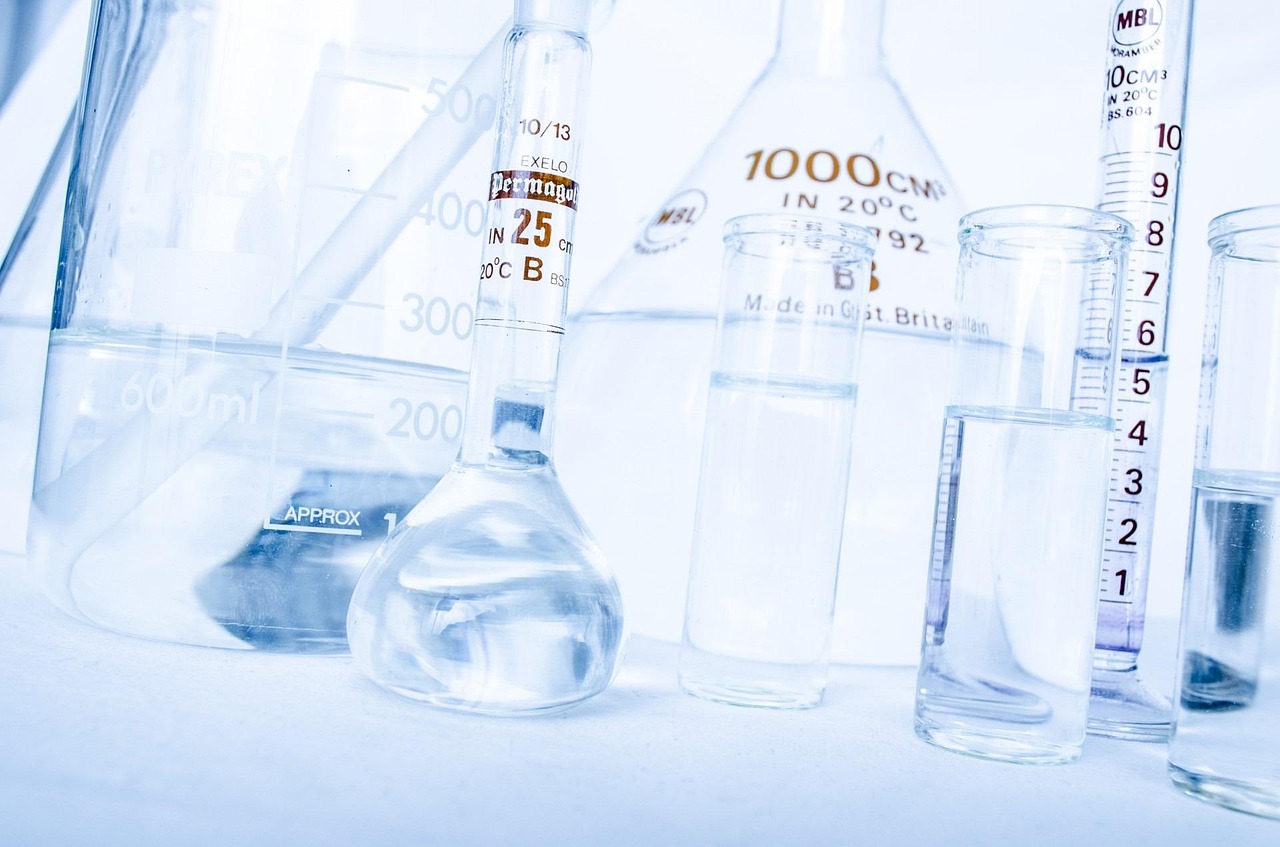The Importance of Testing in Pharmaceutical Development - A Clear Approach to Quality Assurance
Understand the significance of testing in pharmaceutical development and its role in ensuring quality products.

The Importance of Testing in Pharmaceutical Development
Testing is a crucial aspect of pharmaceutical development, as it ensures that new treatments are safe, effective, and meet regulatory requirements. In this post, we'll delve into the importance of testing in pharmaceutical development and explore how quality assurance plays a vital role in ensuring the production of high-quality products.
The Role of Testing in Pharmaceutical Development
Pharmaceutical companies invest significant resources in researching and developing new treatments for various diseases and conditions. However, without rigorous testing, these treatments may not meet the necessary standards for safety and efficacy. Testing helps to identify potential issues early on, reducing the risk of adverse reactions or ineffective treatment.
Types of Testing in Pharmaceutical Development
Several types of testing are used during pharmaceutical development, including:
- Preclinical testing: This involves conducting tests on animals and cell cultures to assess the safety and efficacy of new treatments.
- Clinical trials: Human clinical trials involve testing new treatments on a small group of volunteers to evaluate their safety and effectiveness.
- Regulatory testing: This includes testing that meets regulatory requirements, such as those set by the FDA or EMA.
Quality Assurance in Pharmaceutical Development
Quality assurance (QA) is an essential component of pharmaceutical development. QA involves implementing processes and procedures to ensure that products meet specific standards for quality, safety, and efficacy. In pharmaceutical development, QA helps to:
- Ensure compliance: QA ensures that companies comply with regulatory requirements and industry guidelines.
- Minimize risk: QA helps to identify potential issues early on, reducing the risk of adverse reactions or ineffective treatment.
- Improve efficiency: QA streamlines processes, reducing costs and improving productivity.
The Importance of ISO 13485:2016
ISO 13485:2016 is a globally recognized standard for quality management systems in the medical industry. This standard provides a framework for companies to implement effective QA systems, ensuring that products meet regulatory requirements and industry standards.
Conclusion
In conclusion, testing plays a vital role in pharmaceutical development, ensuring that new treatments are safe, effective, and meet regulatory requirements. Quality assurance is an essential component of this process, helping to minimize risk, improve efficiency, and ensure compliance with regulatory requirements. By implementing rigorous testing and QA processes, pharmaceutical companies can produce high-quality products that benefit patients worldwide.
[1] FDA. (2020). Guidance for Industry: Good Manufacturing Practice Guide for the Manufacture of Human and Animal Vaccines. Retrieved from https://www.fda.gov/regulatory-information/guidances/pharmaceutical-cgmp-guidance-document